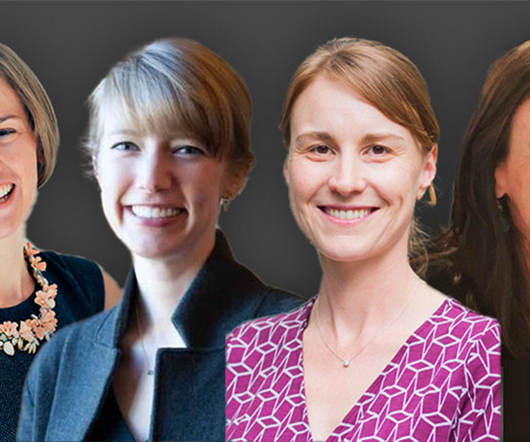How to Make an Alzheimer’s Diagnosis in Primary Care: A Podcast with Nathaniel Chin
GeriPal
FEBRUARY 6, 2025
So, the question becomes, what, if anything, should we do differently in the primary care setting to diagnose the disease? We address the following questions with Nate: Has anything changed for the primary care doctor when diagnosing Alzheimers? How should we screen for cognitive impairment? Does a good history matter anymore?












Let's personalize your content